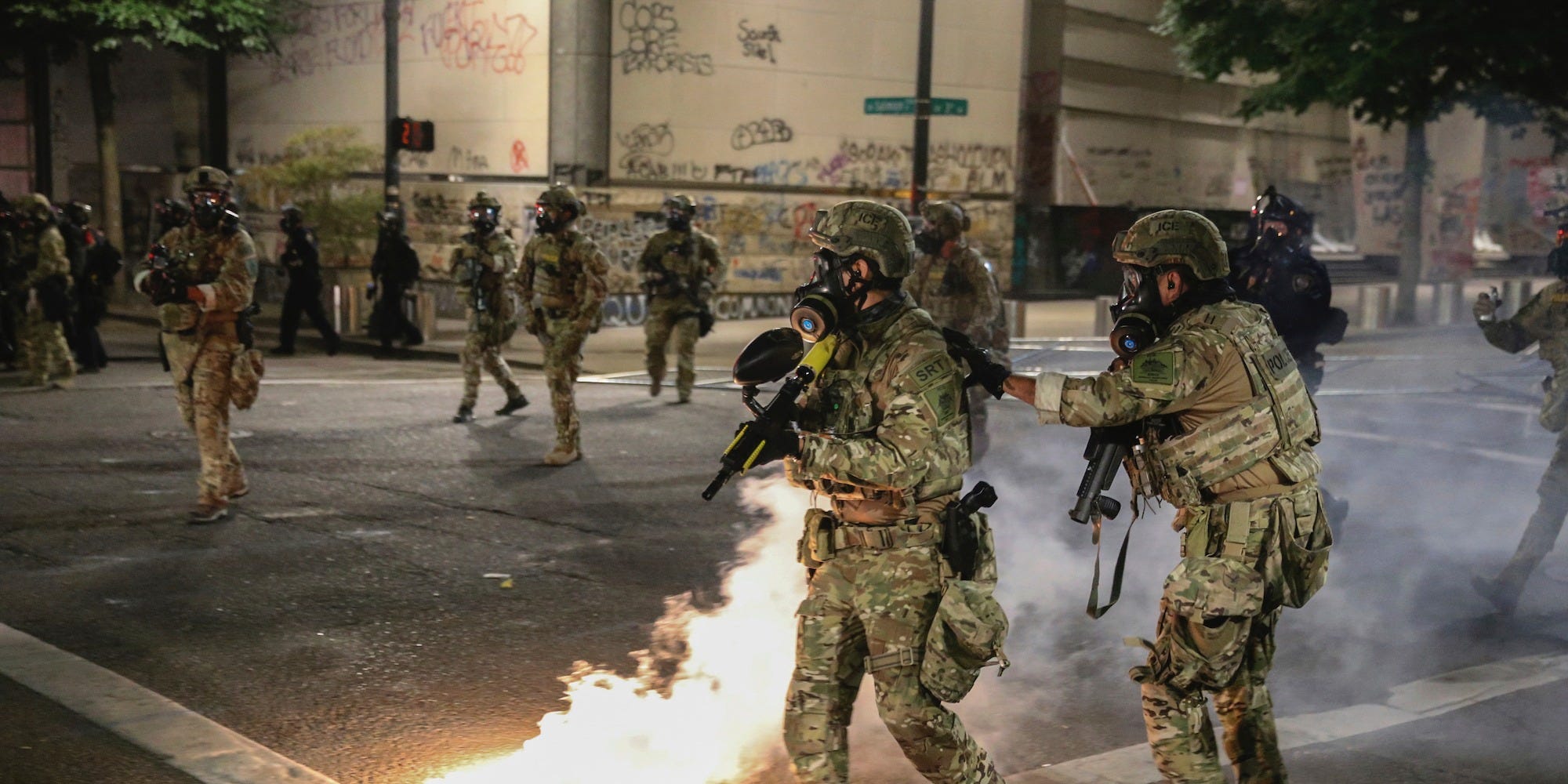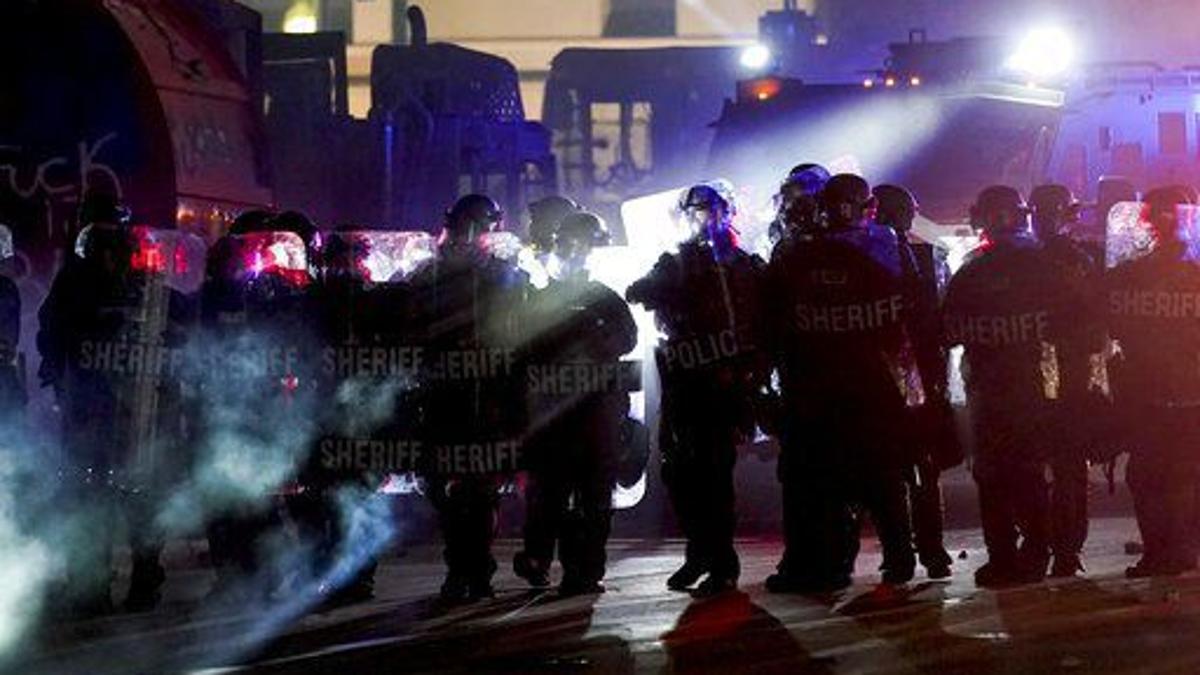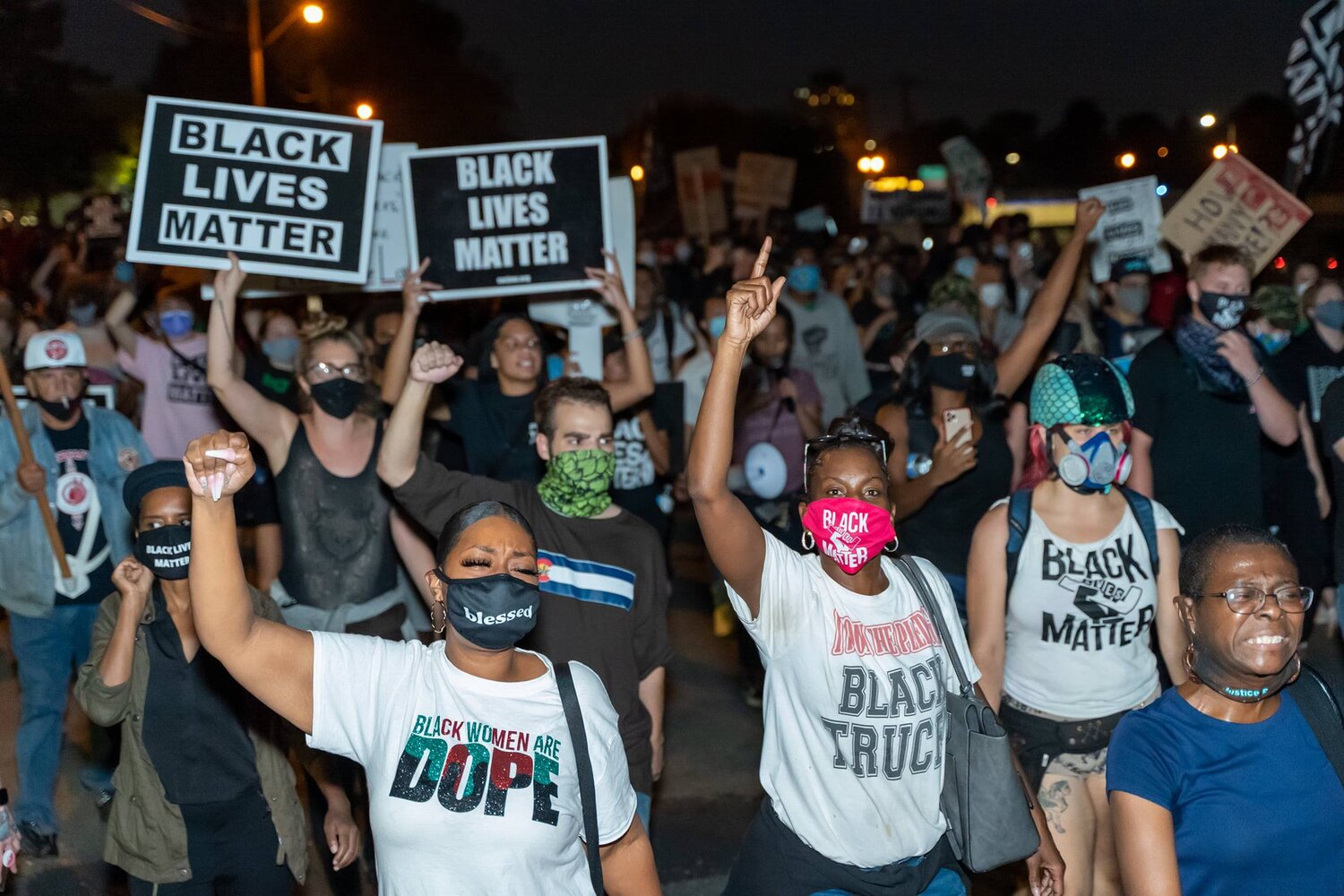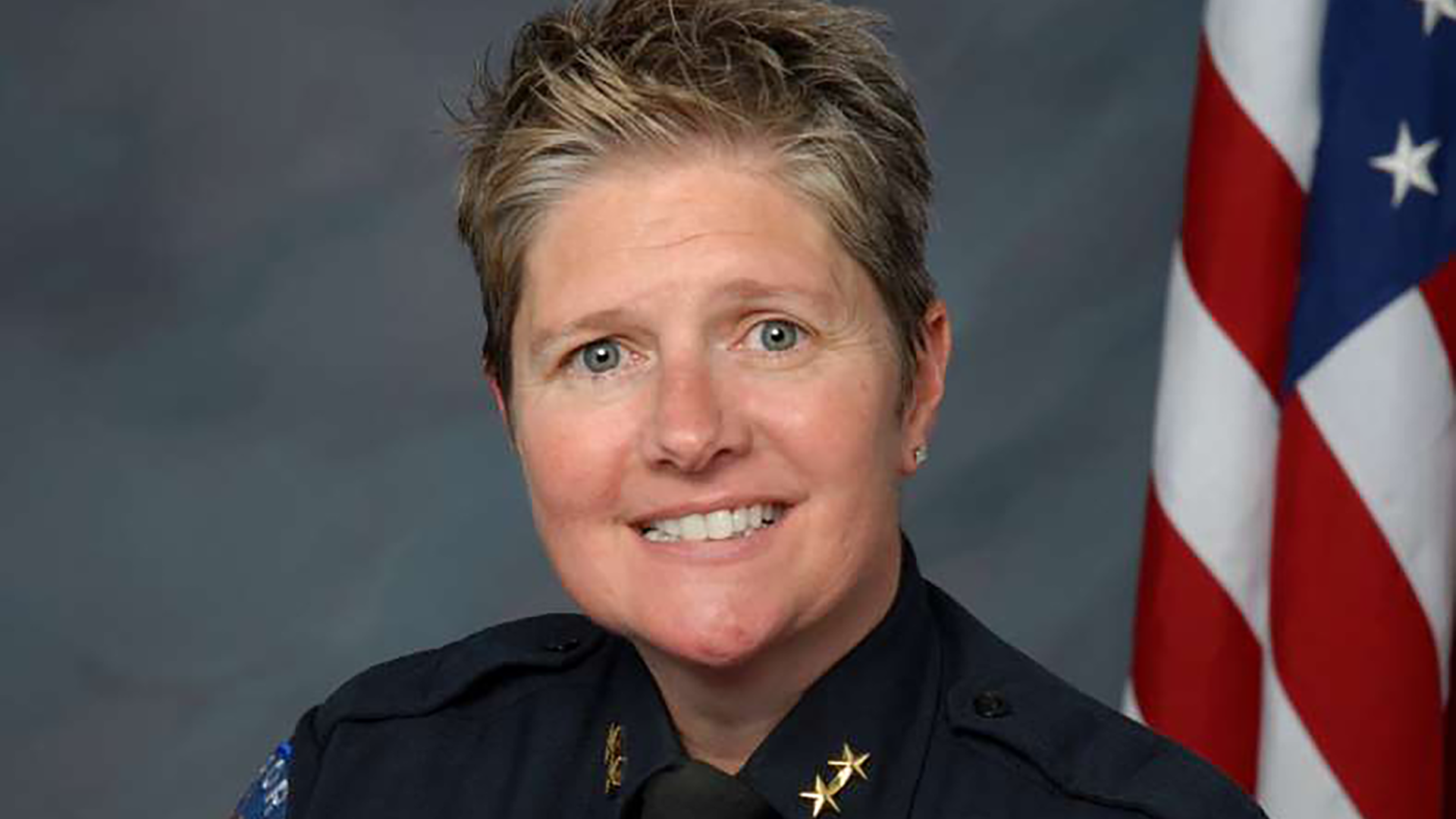BLACK LIVES MATTER: The race narrative
By MaiTane
Michael Brown, Tamir Rice, Laquan McDonald, Trevon Martin, Breonna Taylor, George Floyd. Numerous names make up the list that contains black people who have been killed by the police in the US. Interactive journalist Alia Chughtai from Al Jazeera has created Know Their Names a visual that displays information about some of the black people killed between 2014 and 2020. We also keep a record in Friends of Victims, check out Say Their Names. Recounts the actions that were taken to get justice, or received a lack thereof. Sadly, most of the cases that make it to the Criminal Justice System hardly leveled any charges. Demonstrating whose side it’s on and how the situation is bound to continue for black people.
The tragic and brutal death of George Floyd was the match that ignited a mass public enlightenment in the US and a global reckoning around the topic of systemic racism. This happened after many deaths in the past being ignored, covered or slipped under the rug.
Being Black Matters First, Then Everything Else Follows
The association between being a black person and violence does not look like it is going to go away any time soon. We all need to transition from acknowledging race to recognizing the structural disadvantages faced by black people. This would lead to a discussion of what to do to confront racism. Black people in America have to get a sense of themselves from within so as to be able to be recognized as who they are, not by the ongoing social stigma and prejudices. It’s that ‘everything else’ that should define a person, not their color or ethnicity.
What’s the Pressing Issue
The term ‘Systemic racism’ has been prominently featured and voiced in recent demonstrations, but do we really understand what it means? Systemic racism is racial discrimination integrated into all aspects of the social structure —economical, educational and political— which exerts direct oppression on certain communities, in this case, the Black community in the US. A community that for generations has been pushed, both literally and figuratively, to poor neighborhood areas in an attempt to take away their rights and perpetuate inequalities.
We are living the awakening of generations of movements who are finally asking for repair. It is the voices of 12 generations of unpaid workers —slaves— who have had enough and are speaking up to regain their rights. A realization that has aggravated division amongst the population and is harboring violence on both sides.
Outcry Against Police Brutality, Has Spiked Fears
A violent climate heated by waves of anger and protest where statues have been toppled, people attacked and arguments aired. It is a rallying cry against police brutality and accountability where demonstrators are claiming for a judicial review of police behavior.
The outrage is reaching to the broader public, shedding light on the root-deep issues that deserve more attention and need to be reckoned to get people thinking actively on ways to solve inequalities between blacks and whites. Activists are making an unapologetic statement about meaningful reforms in Justice but are striking fear into parents’ hearts when they go out into the streets. These demonstrations seem to be following a trend of increasing violence as the police have even started to deploy teargas; a fearful response to acts stating the need to address inequality and access to full rights.
Can The Narrative Be Changed?
Daniel Cameron, Kentucky’s Attorney General, stated that “Justice sought by violence is not justice. It’s just revenge.” after defending the decision taken by the Grand Jury in which the three cops involved in the killing of Breonna Taylor were cleared of any charges. He also called for a weekend curfew in Kentucky after Wednesday’s peaceful demonstrations, which were spread to many other US cities, in an effort to reduce the recent violent events.
Justice is not being served and only a meaningful reform on the current disciplinary terms that shield individual officers would make a difference.





